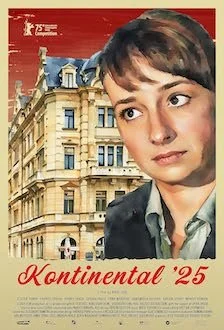Direction: Luc and Jean-Pierre Dardenne
Country: Belgium / France
The Dardenne brothers, Belgian masters of social realism, return with Young Mothers, a poignant chronicle of five teenage single mothers facing economic hardship while temporarily living in a maternal center in Liège. Struggling with anxiety, hope, and fragile illusions about their new reality, these young women each grapple with uncertain futures—whether to return to their families, reconnect with their child’s father, or keep their baby. Functioning as a group portrait, this marks the Dardennes’ first ensemble film, an inspired shift that proves fruitful. They shot it in the very center that initially sparked their idea for the film, grounding the story in authentic detail.
Young Mothers is not without flaws, but it stands as a powerful, emotionally resonant portrayal of young motherhood. The Dardennes’ signature quasi-documentary style brings intimacy and immediacy to the narrative, with each story punctuated by twists and moments of quiet revelation. The suspense lies less in whether these disoriented girls will give up their babies and more in whether they’ll achieve the emotional stability needed to build a full life. It’s a sharply observed and deeply felt drama that—despite its somber themes—glows with empathy and restrained optimism.
Throughout, the need for love, care, and human connection remains constant, while trauma is often met with gentle compassion and flickers of hope. Unraveling the threads with a tone that screams truth, Young Mothers never slips into pathos. It’s a vital, humanistic work that captures the wounds of the past, contradictions of the present, and fears of the future. Not the grandest film of the year, perhaps—but quite possibly the most essential.




